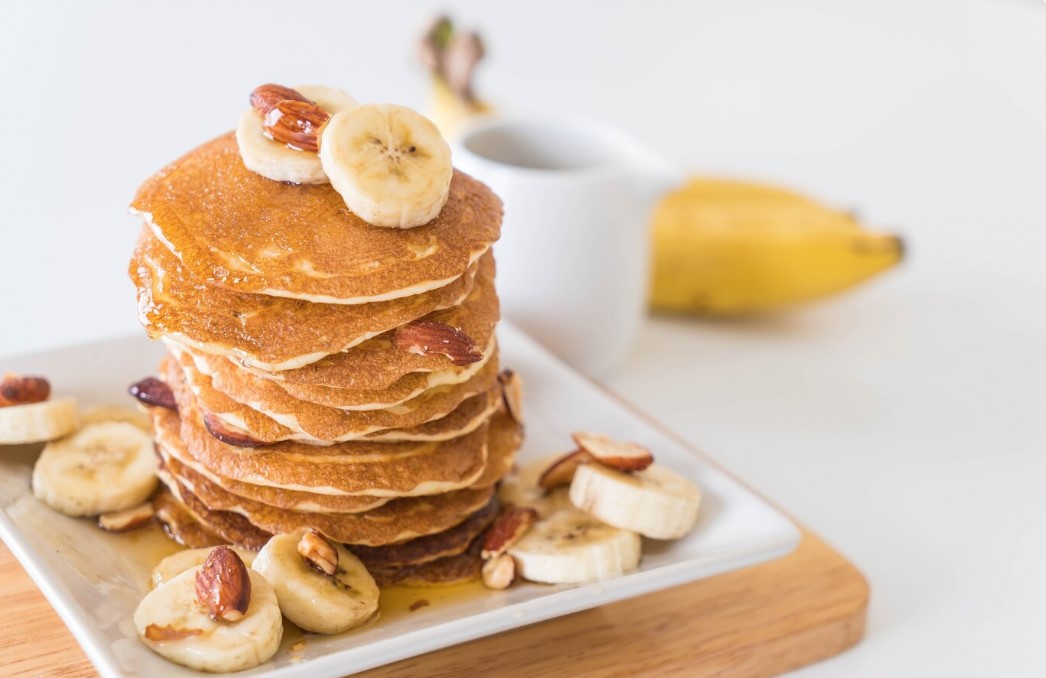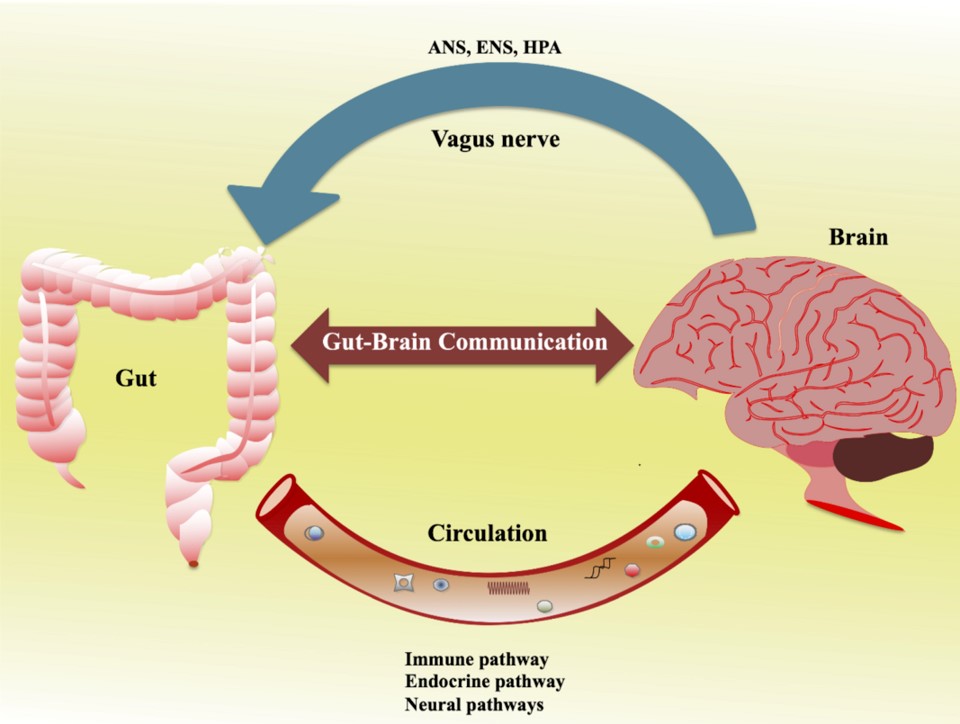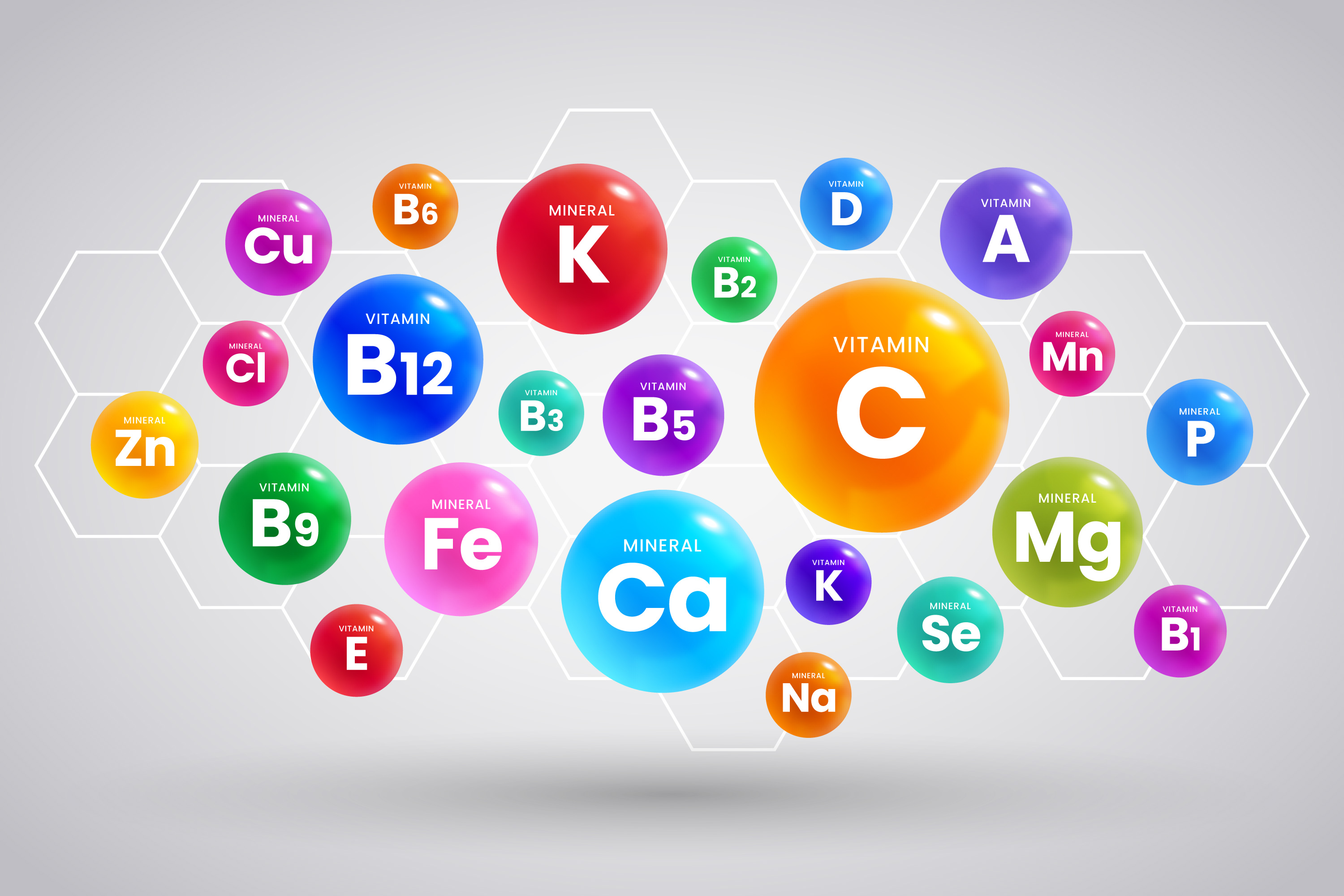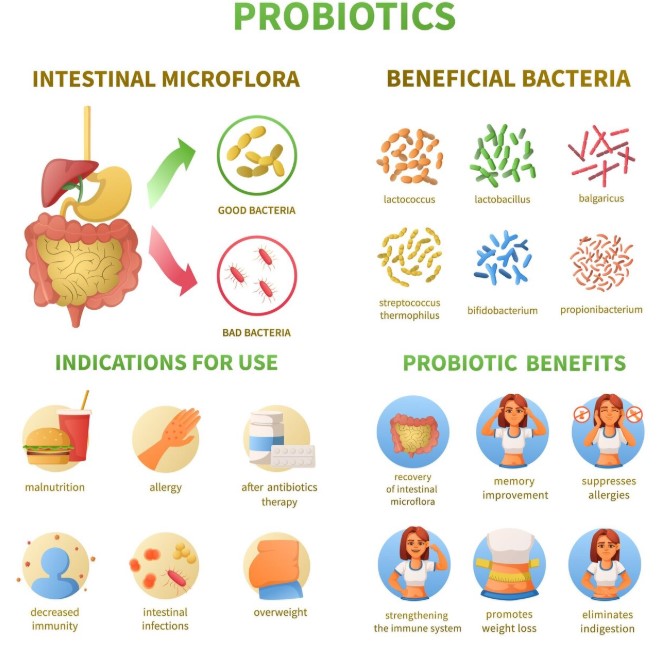Building Baby’s Health from the Belly Up: How to Improve Gut Health During Pregnancy

Introduction
Pregnancy is a time full of questions—and one that’s rising to the top of many moms’ minds is: How can I give my baby the best start? While we often focus on vitamins, ultrasounds, and nursery planning, a powerful (and often overlooked) area of influence is your gut health.
The community of bacteria living in your digestive system—called the gut microbiome—plays a big role in shaping your baby’s development. Recent research shows that your microbiome affects everything from your baby’s immune system to brain development. A balanced, diverse gut in the mother can lower the risk of complications like preterm birth, gestational diabetes, and even help reduce the chances of neurodevelopmental issues like allergies or autism later on.
The good news? You don’t need to overhaul your life. A few simple changes to your diet and daily habits can nourish your gut—and, through it, your growing baby.
How to Get Started
1. Feed the Good Bugs with Fiber
Your gut bacteria thrive on plant-based fibers found in fruits, veggies, legumes, and whole grains. These foods act as “prebiotics”—a fancy word for fuel that helps beneficial bacteria grow. Try adding berries, sweet potatoes, lentils, and oats into your meals.
2. Add Natural Probiotics (When Safe)
Live-culture foods like plain yogurt, kefir, sauerkraut, and miso are packed with probiotics—helpful microbes that may improve digestion and balance inflammation. If fermented foods aren’t your thing, ask your doctor about pregnancy-safe probiotic supplements.
3. Cut Down on Ultra-Processed Foods
Highly processed snacks, sugary drinks, and artificial additives can throw off your gut balance. Swap packaged foods for simple, home-prepped meals when you can—and opt for water or herbal teas over soda.
4. Limit Unnecessary Antibiotics
Sometimes antibiotics are needed during pregnancy—but they also wipe out both good and bad bacteria. Only take them when prescribed and discuss with your doctor about supporting your microbiome during and after treatment.
5. Move a Little Each Day
Moderate movement, like walking or prenatal yoga, can support your digestion and improve the diversity of your gut bacteria. It’s a bonus for your mood and circulation too.
Takeaways
Your gut health during pregnancy matters for both you and your baby—it influences immune strength, brain development, and long-term wellbeing.
Fiber and fermented foods feed your gut microbiome and help reduce inflammation.
Processed foods and stress can negatively impact gut balance, so small daily shifts make a big difference.
It’s not about perfection—just gentle changes that support your body and baby from the inside out.
Recommendations
Start your morning with oatmeal topped with berries and chia seeds.
You’ll get prebiotic fiber, antioxidants, and a full belly that fuels your day.
Swap your afternoon snack for plain yogurt with a drizzle of honey and crushed walnuts.
A great source of natural probiotics and brain-boosting fats.
Add a scoop of lentils or beans to your next soup, salad, or stir-fry.
They’re packed with fiber, iron, and plant-based protein.
Go for a 15–20-minute walk after meals.
It helps digestion and keeps your microbes moving too.
Stay hydrated with herbal teas like ginger or peppermint.
These support digestion and reduce bloating—plus they’re microbiome-friendly.
References
Aatsinki, A.K., et al. (2020). Maternal microbiota during pregnancy and neurodevelopment in offspring. Nature Communications.
Al Nabhani, Z., & Eberl, G. (2020). Immunity and the microbiota during early life. Science.
Gough, E.K., et al. (2021). Maternal fecal microbiome predicts neurodevelopmental outcomes in children. Gut Microbes.
Fouhy, F., et al. (2022). Gut microbiota during pregnancy in healthy women and the influence of maternal diet. Microbiome.
Zhang, X., et al. (2023). Maternal gut microbiota and early-life immune and brain development. Trends in Microbiology.
Stay Up to Date
Join hundreds of families staying connected to the latest expert-backed insights on kids' and teens' mental health — from nutrition, lifestyle, and supplements to psychology, tech, and therapeutic tools.


.png)







.png)
.png)
